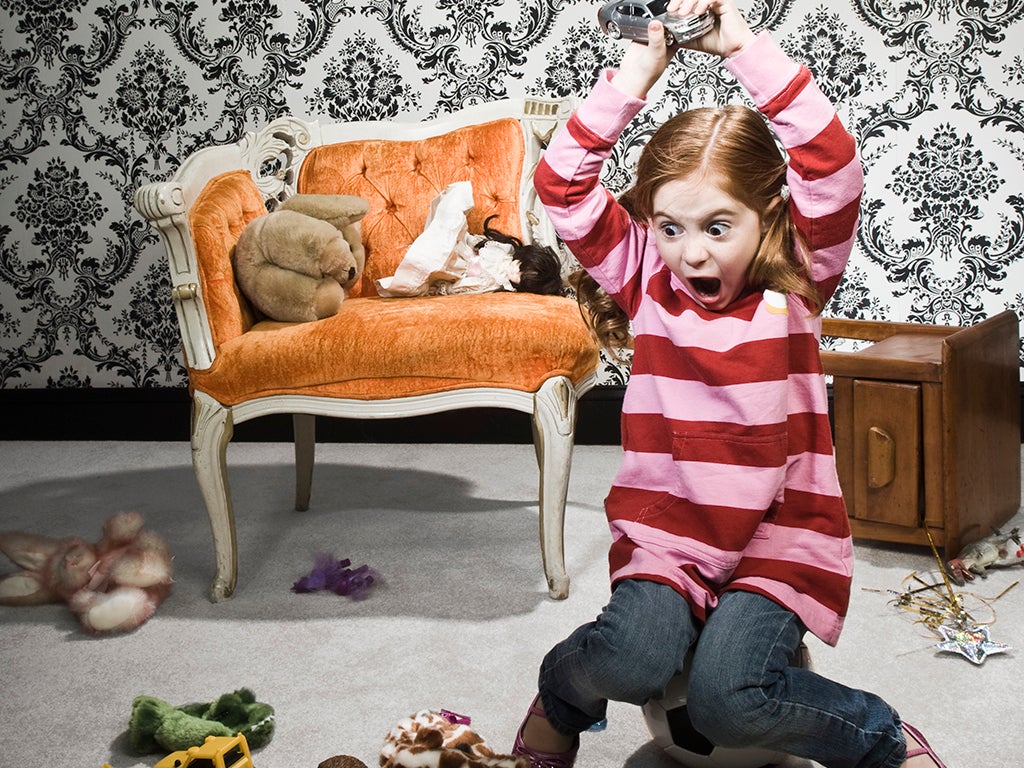Only child 'syndrome': how do siblings, or a lack of them, affect your personality?
Only-children are exposed to more adult conversation and may receive more parental attention. Having siblings, on the other hand, may necessitate learning how to share, and can offer a significant support network later in life

As a sibling researcher I am often presented with the question about the consequences of being an only-child. I am usually asked this question by singletons, as they are known in the field, during the Q and A time after my lectures. Not wanting to get into the complicated and touchy subject of siblings vs. only-children, I typically reply with a socially mindful comment about the many influential people, from Leonardo da Vinci to Elvis Presley, who were only-children.
Recent attention has been given to studies about the deleterious impacts of sibling bullying, and in recent terror attacks from Paris to Boston the perpetrators of these heinous acts have been brothers, so of course there can be negative effects to having siblings as they can have the potential of convincing one another to engage in horrific behaviors. Beyond the latest news, negative sibling imagery has been depicted throughout the ages dating all the way back to biblical accounts of sibling murder, jealousy, and competition.
The early years of psychological study are also replete with examples of the negativity inherent in the sibling bond. From Freud’s psychoanalytic ideas about sibling competition to his disciple, Adler, and his work on sibling birth order, traditional psychological theory has plenty to say about the dark side of the sibling relationship. Considering these attitudes about siblings, China’s one child policy may begin to sounds like a good practice.
On the other hand, being an only child does not seem to be a good option either. The perception of only children being socially maladjusted, narcissistic, and spoiled is pervasive. When people are asked about the ideal number of children they would like in their family a small fraction of respondents say that they wanted only one child. In fact, one of the greatest American psychologists, and the first president of the American Psychological Association, G. Stanley Hall, referred to being an only child as a “disease in itself.”
Modern scientific advances in the study of child development have not assisted much in reconciling this epic question. On the one hand, several studies point to results that indicated that not only are singletons as adjusted as children with siblings but they may even be better off than children with siblings. These studies show that only-children do better in school, are more motivated, have higher self-esteem, and are even more gifted socially than children with siblings.
Yet, other studies show the exact opposite and suggest that it is children with siblings who are better off in terms of academic and social development. Add to these findings the growing literature on the many life-long advantages of having siblings and the perils of being a singleton might seem clear.
Interestingly, I have personally observed that often researchers who themselves are only-children are the ones forwarding the findings in favor of only-children and those with siblings propose that singletons are disadvantaged; so much for objective science.
Last week a report revealed that families with three are more children are the happiest, but there are naturally certain advantages seem to exist in both types of family circumstances. Only-children are exposed to more adult conversation and may receive more parental attention. Having siblings, on the other hand, may necessitate learning how to share parents, toys, and a room which is, in-and-of-itself, an important life lesson. Beyond childhood, having siblings can also offer a significant support network later in life. This is particularly important considering the recent societal changes in the Western world, including a trend towards smaller families and higher divorce rates, which have resulted in older people lacking offspring and spousal support. Closeness with siblings may serve as the primary relational anchor in older adulthood.
So although we do not have a conclusive answer to this age-old question, allow me to end with my own recent observation. A few weeks ago as my 20-month-old daughter was playing outside she stumbled, bumped her head, and lost consciousness. I frantically called the paramedics and as they were wheeling her on a stretcher into the ambulance, I noticed my 7-year-old son observing the chaos and looking quite upset. I proceeded to reach out to him to offer some comfort but as he was giving me a half-hearted hug he made eye contact with his 9-year-old brother and instinctively ran up to him as they embraced for a full ten seconds. There was something irreplaceable that brother support offered during that moment that surpassed anything that a father’s hug had to offer. Siblings have the potential of providing each other a fundamental and matchless sense of comfort, love and mutuality.
Then again, I am one of five siblings so what would you expect me to say…
Dr. Avidan Milevsky is a professor, therapist, author, columnist, lecturer, and consultant on sibling issues. His fifth book “Sibling Issues in Therapy: Research and Practice with Children, Adolescents and Adults” is due out this autumn by Palgrave Macmillan
Join our commenting forum
Join thought-provoking conversations, follow other Independent readers and see their replies
Comments
Bookmark popover
Removed from bookmarks